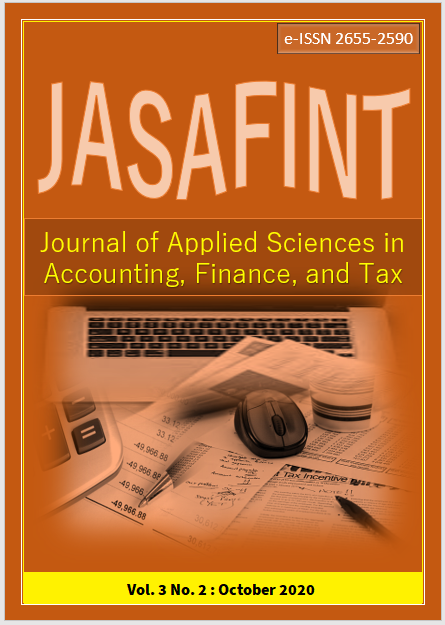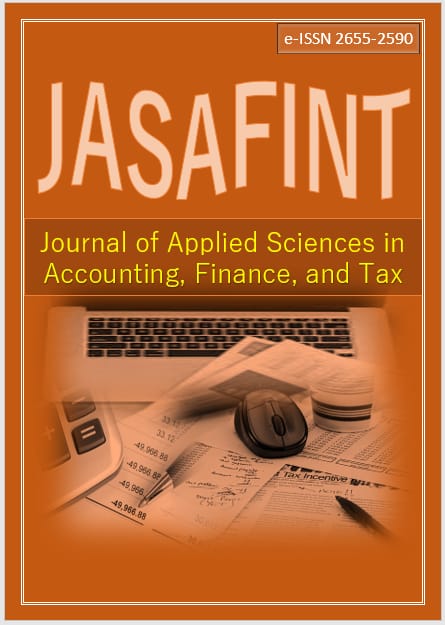Analysis of Uncollectible Receivables and Their Impact on Profitability at The Legian Bali
Abstract
The application of a credit system is one strategy that could be used by a company to increase sales. Sales made on credit will automatically increase account receivable and if accounts receivable not appropriately managed, it can become uncollectible accounts. This study aims to determine the condition of uncollectible accounts and their impact on profitability at The Legian Bali. The data used in this research are credit sales, account receivable aging schedule, accounts receivable policy data, and profit/loss data. The data collected by conducting interviews, documentation and observation. The analysis technique used descriptive/qualitative analysis techniques using financial ratio formulas. The results of this study indicate the number of account receivables that are due and not yet collected is still relatively large. The large number of uncollectible accounts results in less turnover of accounts receivable into cash and this causes the average collection days for accounts to be longer. The longer time for collecting accounts receivable will produce a higher risk of bad debts due to the increasing number of outstanding accounts receivable and lowering the hotel receivables collection ratio. In 2017, 2018, and 2019 the arrears ratio calculation results are 8%, 12%, and 11%. Meanwhile, the results of the calculation of the billing ratio in 2017, 2018, and 2019 are 92%, 88% and 89%. The existence of uncollectible accounts which is quite large from year to year has a bad effect on profitability because of the inefficient collection of accounts receivable by hotels which causes the capital invested in receivables to be higher.








